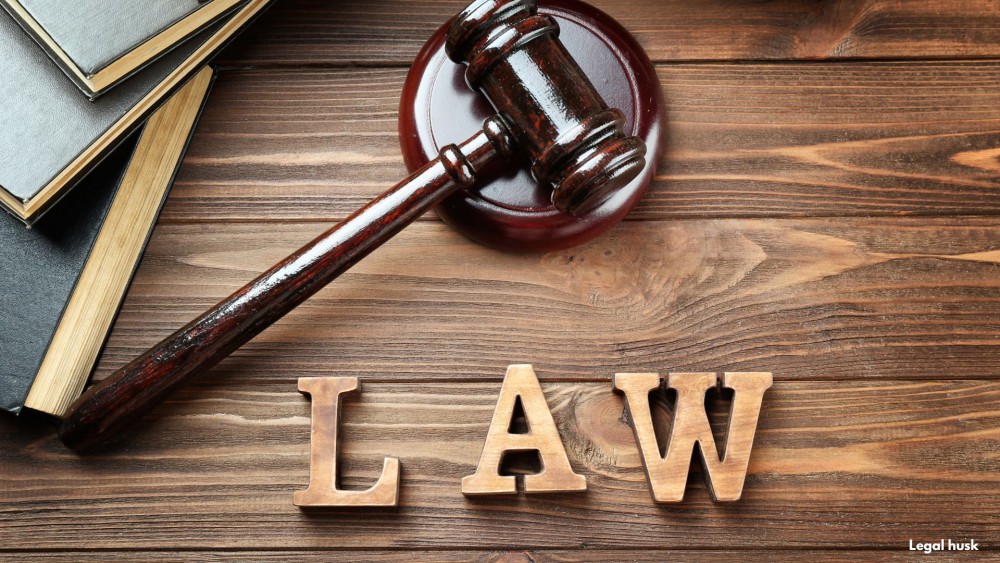
Landmark rulings don't just happen—they start with strategic complaints. Here's what key decisions teach us about drafting strong civil complaints.
Behind every major civil ruling lies a complaint that set the stage for history. Whether by surviving dismissal, shaping legal precedent, or redefining rights, certain complaints led to decisions that reshaped entire fields of law. By studying how courts analyzed these landmark complaints, modern litigants can draft smarter, stronger pleadings.
In this article, Legal Husk examines key rulings—and the strategic complaint lessons they reveal.
✅ Ruling Summary:
The Supreme Court clarified that civil complaints must state plausible claims—not just conceivable ones.
Mere recitation of elements is insufficient.
Complaints must include specific factual allegations.
✅ Complaint Takeaway:
Plead facts, not just conclusions.
Link actions to individual defendants whenever possible.
Complaints must nudge claims across the line from possible to plausible.
Why It Matters:
Iqbal made federal civil pleading tougher—surviving a motion to dismiss now demands clear, fact-supported claims.
✅ Ruling Summary:
In an antitrust case, the Supreme Court rejected complaints based purely on suspicion without factual support.
Parallel conduct wasn’t enough—plaintiffs needed to allege an actual agreement.
✅ Complaint Takeaway:
Antitrust and conspiracy claims must include specific factual grounds showing collaboration—not just similar behavior.
Inferences must be reasonable and based on facts in the complaint.
Why It Matters:
Twombly and Iqbal together reshaped federal pleading standards, demanding more facts at the front door.
✅ Ruling Summary:
Before Twombly/Iqbal, Conley established a very liberal pleading standard:
A complaint should not be dismissed unless there’s no set of facts under which relief could be granted.
✅ Complaint Takeaway:
Back then, complaints needed only basic notice.
Today, Conley reminds us how dramatically pleading burdens have shifted.
Why It Matters:
Understanding this evolution helps modern drafters avoid under-pleading cases based on outdated assumptions.
✅ Ruling Summary:
An employment discrimination complaint was wrongly dismissed because it properly alleged a claim under Title VII.
✅ Complaint Takeaway:
Tie your legal theory directly to statutory protection.
Complaints need not prove the case—but must clearly show the legal right violated.
Why It Matters:
Strategic alignment between facts and legal claims saves complaints from early dismissal.
✅ Ruling Summary:
A student alleging wrongful discipline survived dismissal due to detailed, plausible factual allegations about procedural bias.
✅ Complaint Takeaway:
Detailed timelines, specific acts, and motive allegations mattered.
Courts gave weight to plausible bias supported by contextual facts.
Why It Matters:
Complaints in sensitive areas (like Title IX or defamation) must tread carefully—but still plead facts aggressively enough to survive early attacks.
✅ Successful complaints share these characteristics:
Factual specificity: No vague labels—real events, real damages.
Plausibility focus: Allegations must logically support the claims.
Linkage to law: Claims must tie clearly to statutory or common law rights.
Strategic precision: Complaints aren’t just filings—they're legal roadmaps.
Landmark rulings teach us that the difference between dismissal and success often lies in the complaint itself. Drafting isn't just an administrative step—it’s the moment you either earn your place in court or lose it.
At Legal Husk, we help clients craft complaints that survive scrutiny—and drive results.
From fact-driven allegations to strategic case positioning, Legal Husk prepares complaints that meet modern pleading standards and courtroom expectations.
📌 Ready to draft a complaint that can withstand today's tougher rules?
👉 Visit:
🔗 legalhusk.com
🔗 legalhusk.com/services
🔗 legalhusk.com/about-us
Start strong—start with Legal Husk.
📩
Ready for a court-ready complaint at a predictable price? Contact Legal Husk and let us draft your next complaint with precision and clarity.
Whether you are dealing with a complex family matter, facing criminal charges, or navigating the intricacies of business law, our mission is to provide you with comprehensive, compassionate, and expert legal guidance.